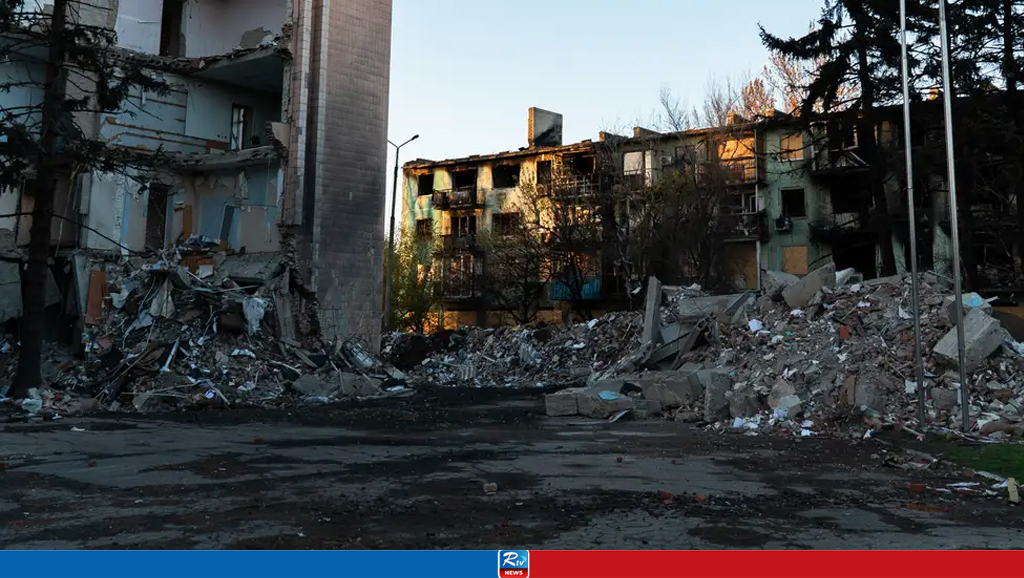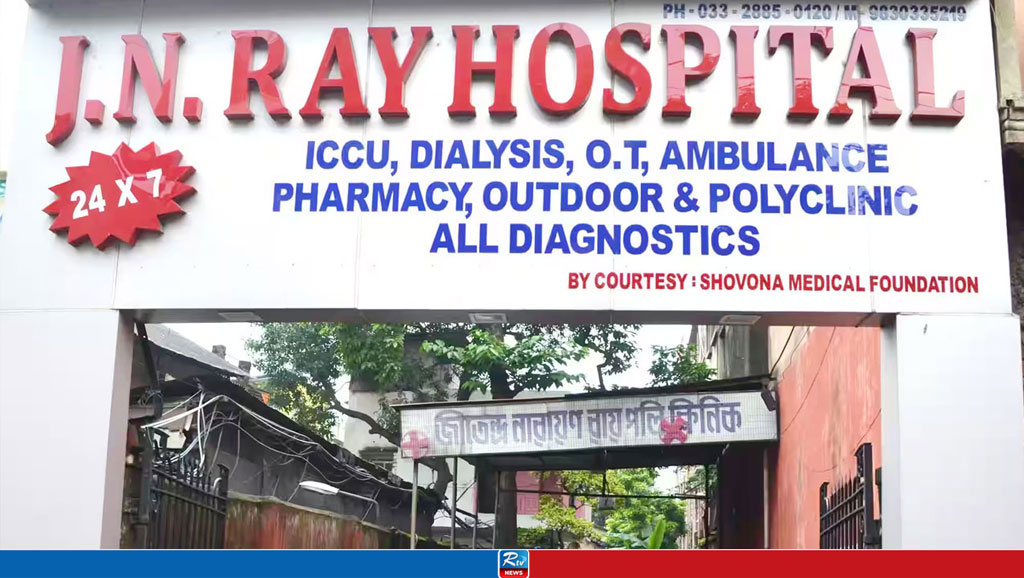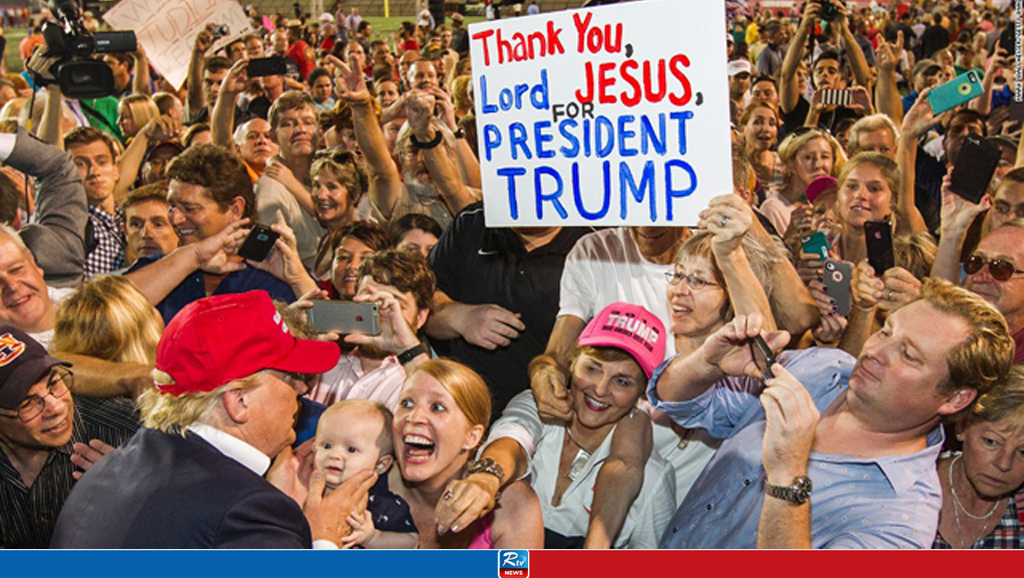India: Top court to rule on same-sex marriage

On Tuesday, India's Supreme Court is expected to deliver a verdict on whether to grant legal recognition to same-sex marriages.
The historic case comes after the top court of the world's most populous country in 2018 ruled in favor of eradicating a colonial-era law that effectively banned gay sex. Taiwan and Nepal are currently the only countries in Asia that allow same-sex unions.
While Indian society is still largely dominated by traditional values, LGBTQ rights are slowly gaining more acceptance in India.
India does not currently recognize same-sex marriage, which means LGBTQ couples do not have access to some legal benefits of marriage such as adoption, insurance, inheritance and so on.
What would legal recognition change?
A five-judge bench of the Supreme Court, headed by India's Chief Justice DY Chandrachud heard arguments on the case over the course of several days in April and May.
If the court legalizes same-sex marriage, it could lead to significant socio-cultural changes, and adaptations to family laws.
However, India's Bharatiya Janata Party (BJP) government has opposed the move, arguing that the parliament should debate the matter before. It believes the appeal represents "urban elitist views."
The BJP has also previously said that such marriages are not "comparable with the Indian family unit concept of a husband, a wife and children."
What are same-sex couples saying?
People from India's LGBTQ community say they continue to face discrimination in their daily lives, despite the 2018 ruling. They argue that legal backing for same-sex marriage would safeguard constitutional rights for the community.
The Special Marriage Act (SMA) is a law that was passed originally to legalize interfaith unions. Now, LGBTQ couples are arguing their marriages should also be recognized under the SMA.
Along with not recognizing same-sex marriages, Indian law does not provide for civil unions. Gay and lesbian couples are also not allowed to have children born with the help of an Indian surrogate mother.
An LGBTQ person can apply to Central Adoption Review Authority for adoption only as a single parent.
LGBTQ couples have still been participating in commitment ceremonies, which are not legally binding but express a couple's lifelong commitment to one another. Couples often have big destination weddings and carry out traditional Indian wedding rituals.
Comments
Small Plane Carrying Six People Crashes in Costa Rica

5 Dead in Pakistan Protests; Army Deployed in Islamabad

Japan's Space Agency Aborts Epsilon S Rocket Test After Fire

Mahathir Calls for Unity Among Bangladesh’s Political Leaders

Ukraine Updates: / Zelenskyy Hints at Ending 'Hot War'

Kolkata Hospital Announces Not to Provide Treatment to Bangladeshis

Leavitt Named Youngest White House Press Secretary in History


 Live Tv
Live Tv



